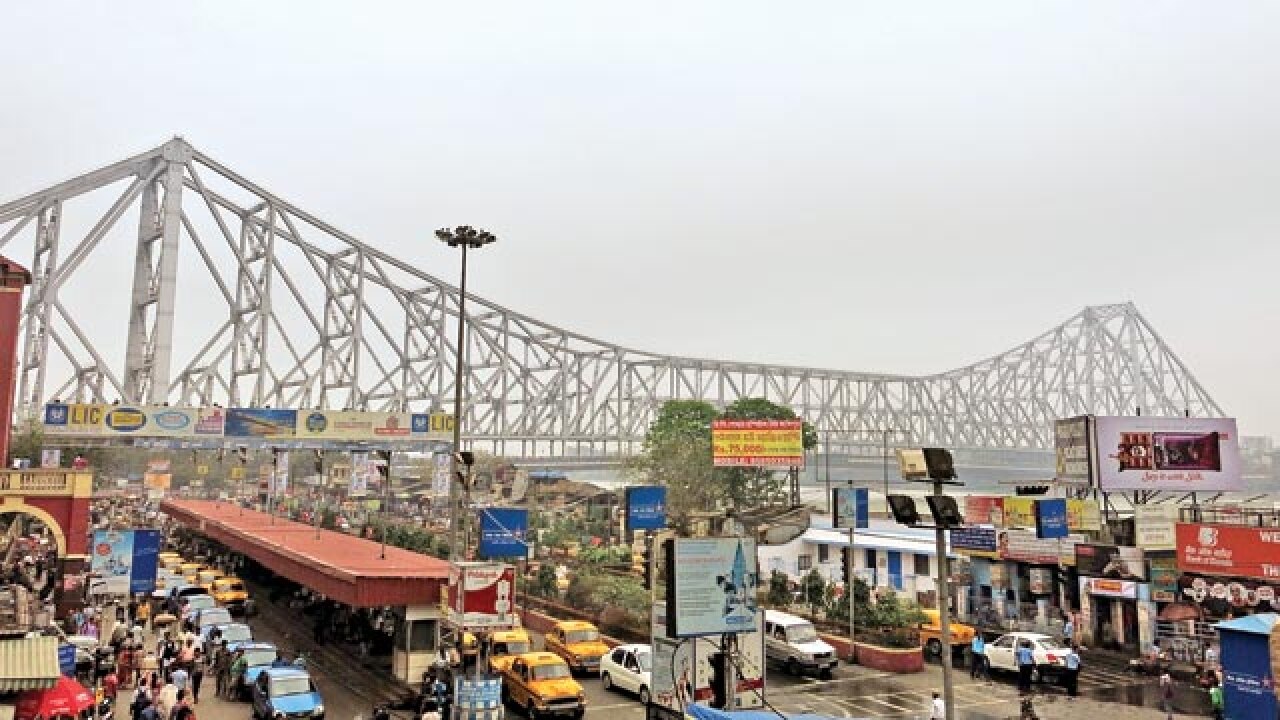
“I want the world to change,” said
Mr. Abhinanada Mukherjee,
“I wait for the day when we will find a way
out of this maze.”
Gesticulating with his geriatric joints,
he points at us three,
“I want equality for all and quality education for free,
What I really want is a classless,
casteless, carefree city, Not the commi kind,mind,
but a whole new kind of song,
A wholly different sort of ditty.”
(He glances at us quickly to see if
we were at all listening,
And shoots a dirty look at Thamma,
whose snores were deepening)
“A miasma of misogyny seems to
have become our preserve,
But chauvinism and sexism aren’t
the isms that women deserve.”
He then sighs and looks into the distance
while gently cleaning his ear,
And chances upon a sight that fills
his heart with rage,
He clicks his tongue,coughs disparagingly
and looks at us sagely,
“And this fussy, lower class maid-type
we get around here,
Should go back to whichever village
from which they came.
The good we do for these classes is too
good for these mercenary dames.”
Our faces fall at this contradictory
remark in his oration,
Mistaking this for adoration,
Mr. Mukherjee smiles and winks,
“Was I not right about all I said?
What do you think?”
“I really want the world to change,”
said Mr. Ashish Mukherjee.
I look at my father and think,
“I wait for the day when we will find
a way out of this maze”.
Bengal, as a community of peoples, is often characterised by its egalitarian society — the lack of gender in the Bengali language is perhaps the first but foremost level to which this sense of liberalism can be traced. Bengali households pride themselves on their bidya or knowledge- especially with respect to how their children, both male and female, are nurtured and educated. Brought up on the lap of Rabindrasangeet, political ideologies (such as communism- that erstwhile bastion of Bengal) and the like, Bengali children are quickly introduced to the great sea of knowledge that is life. That Bengali women are known to be fiery and speak their minds at all times is seen in the common trope of the henpecked effete Bengali husband who always demurs to the will of his all-superior wife. However, within this bastion of liberalism and egalitarianism, injustice too exists.
I want the world to Change by Devanjali Banerjee speaks of the eternal frustration of the individual who wants change in status quo. It speaks of the various defects in the fabric of the seemingly progressive Bengali society — sexism, classism, casteism and any form of oppression. However, it asks us a curious question amidst the swirling chaos that is a communal life — are we sure that we are not unconsciously perpetuating the very behavior we claim to have fundamental differences with? Could the vicious cycle, the maze of problems be a product of our own ignorance?
To submit your editorial to DNA GenNextEdit use the submission form https://goo.gl/rUW25q or emailgennextedit@dnaindia.net
Devanjali Banerjee
Second year, west bengal institute of juridical sciences